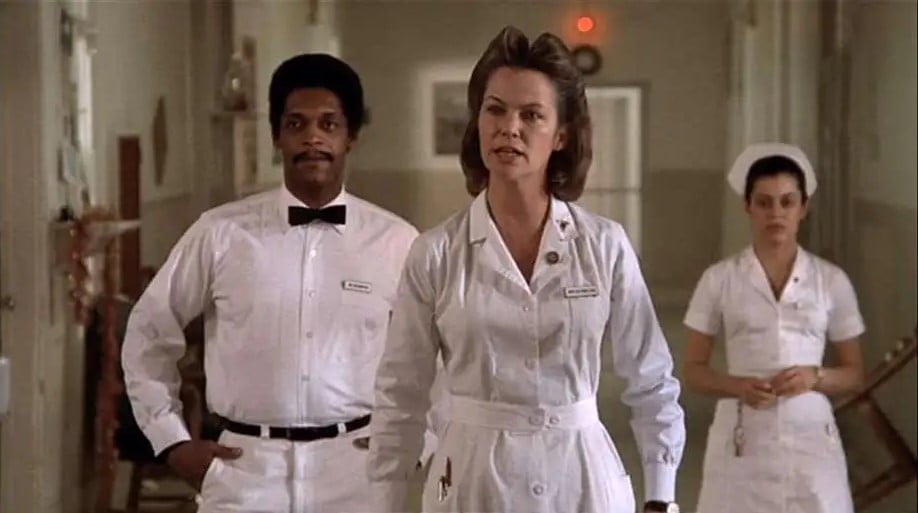
People often call me with claims that they were mistreated or the victims of perceived malpractice by mental health providers. Claims range from people believing that they were improperly 302’d or had medications switched with bad side effects or were otherwise mistreated. These calls almost uniformly do not turn into actual cases. The aggrieved person may be correct and may have a valid basis for a complaint. But, there are so many hurdles to surpass that the claim will only rarely become an actual lawsuit. Why? Because, I would have to prove that a mental health provider acted with gross negligence or engaged in willful misconduct. These are nigh impossible standards to meet in civil practice. Willful misconduct means you intended to harm the patient. The only case that jumps to mind here is sexual assault by a nurse or provider in the mental health context. Gross negligence similarly means something akin to leaving a suicidal person alone without supervision for days or failing to provide needed and prescribed medication for an extended period. This is not just an oversight or missed dose etc. Often, the cases that meet this very high standard are ones where prison suicides are the focus of the case. Often, our prison mental health system is not ideal and though the expectation of medical care in a prison is lower in my mind, there are still standards to be met.
Pennsylvania’s Mental Health Procedures Act, 50 P.S. § 7114, is intended “to provide limited civil and criminal immunity to those individuals and institutions charged with providing treatment to the mentally ill.” Farago v. Sacred Heart General Hospital, 562 A.2d 300, 303 (Pa. 1989). To this end, § 7114 provides that those who are engaged in treating or examining a patient “under the act” cannot be held liable absent “willful misconduct or gross negligence.” Whether we agree with it or not, them’s the rules. Much of the Act addresses voluntary inpatient treatment for mental health. However, it would also arguably prevent a lawsuit for other routine medical malpractice. The MHPA defines treatment as including diagnosis, evaluation, therapy, or rehabilitation needed to alleviate pain and distress and to facilitate the recovery of a person from mental illness and shall also include care and other services that supplement treatment and aid or promote such recovery.” 50 P.S. § 7104. This definition evinces the legislature’s intent to define “treatment” broadly, so that it includes “medical care coincident to mental health care.” Allen v. Montgomery Hospital, 696 A.2d 1175, 1179 (Pa. 1997). Thus, “the General Assembly decided to reduce certain risks by granting limited immunity to doctors and hospitals who have undertaken the treatment of the mentally ill, including treatment for physical ailments pursuant to a contract with a mental health facility to provide such treatment.”
So, apart from being involuntarily committed for your own mental health, it is very hard to pursue these cases.
